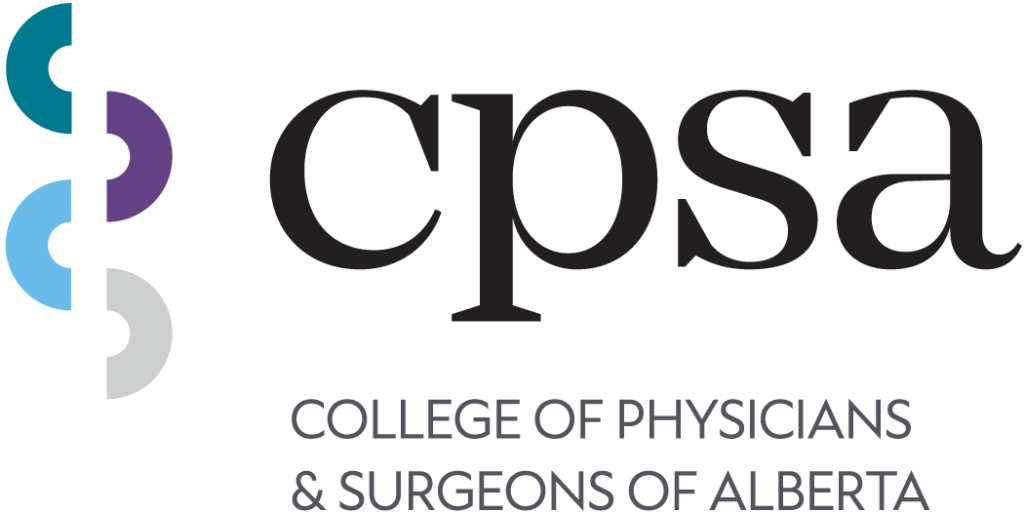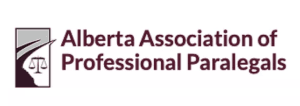As a new member of ADRIA, I felt so fortunate to have the opportunity to attend the ADRIC conference in Vancouver, on October 22 to 24.
The People
I was pleasantly surprised to see people from diverse geographical and professional backgrounds attending. I met Mediators, Arbitrators, Lawyers who are now Arbitrators, and Restorative Justice practitioners. Each one of them practiced in a different field and I may have been the only person working specifically in human rights. Without a doubt, ADR practitioners work in such a wide range of areas where conflicts can arise. The diversity of attendees confirmed for me that our occupation is, not only in good health, but necessary for the benefits of all. I strongly believe that ADR practitioners work to resolve conflicts before they grow.
The sessions
There was a variety of sessions to choose from; it was a challenge to decide which ones to attend. Fortunately, many leads and resources were made available for each session to satisfy anyone’s curiosity and interest in learning more about any unfamiliar areas of ADR.
I particularly liked the discussion around Indigenous Pathways Initiatives for ADR. The session focused on how we can better integrate other models of ADR into our respective practices. The suggestions that were made about consulting with Indigenous partners and learning from their teachings should provide directions in how ADR approaches can be expanded.
In the same spirit, I also liked the session given by Matt Thorpe, Lean in and Deepen the Practice of Facilitation and Mediation. Matt had everyone sit in a circle and modeled to the participants his approach to solving conflicts. He triggered emotional responses from participants. We had to introspect and reveal ourselves. I am confident to say that he captivated everyone’s attention. He emphasized that when we are totally present with another person (or with a group for that matter), it allows us to tune to this person’s reality and back stories. I understood that to be one of the essential steps to successfully resolve conflicts: “Conflict is about those underlying stories that the other party does not know about”. It was truly a transformative session; I was not the only one expressing that I wanted to know more about how this emotions-thoughts provoking session change people for the better.
A quote summarizing the session would be: “Transformation is about unlearning”.
Another session, that may also “transform” my own sessions was Sorry – Not Sorry! The Art of Apologies in Mediation.
It asked a simple question: “Why is it that you can’t resolve a dispute?” The session focused on the need to discuss the benefits of an apology with parties, and as facilitators, how we can open that discussion. We remove the reason(s) why the dispute can’t be resolved and focus on the apology or moving forward. A quote I wrote: “In an apology, one gets specifics on emotions/impacts, it does not get specifics on facts.” It was also very inspiring to hear the participants answering the host’s question: What are the benefits of an apology? We came up with over ten!!! The presenters also suggested steps to set the stage with parties to have this same discussion about the benefits of an Apology.
The session Holistic Dispute Resolution: CAB’s Human Centered Approach, retained my attention. The Aga Khan Conciliation and Arbitration Board for Canada presented their Holistic Approach to ADR, said to be built on 1,400-year Islamic tradition of dispute resolution. They provided informative statistics on a conflict root causes analysis. When we look at the root causes of matrimonial disputes, family matters, or commercial cases, it is interesting to see the differences to consider in our ADR approaches.
I benefitted very much from this conference. ADR practitioners with so much quantitative and qualitative experience share their knowledge because it is important knowledge. I came back home with so much to integrate in my practice development. For sure, an experience, I want to repeat. See you à Montréal, next year for the next Annual ADRIC conference!








